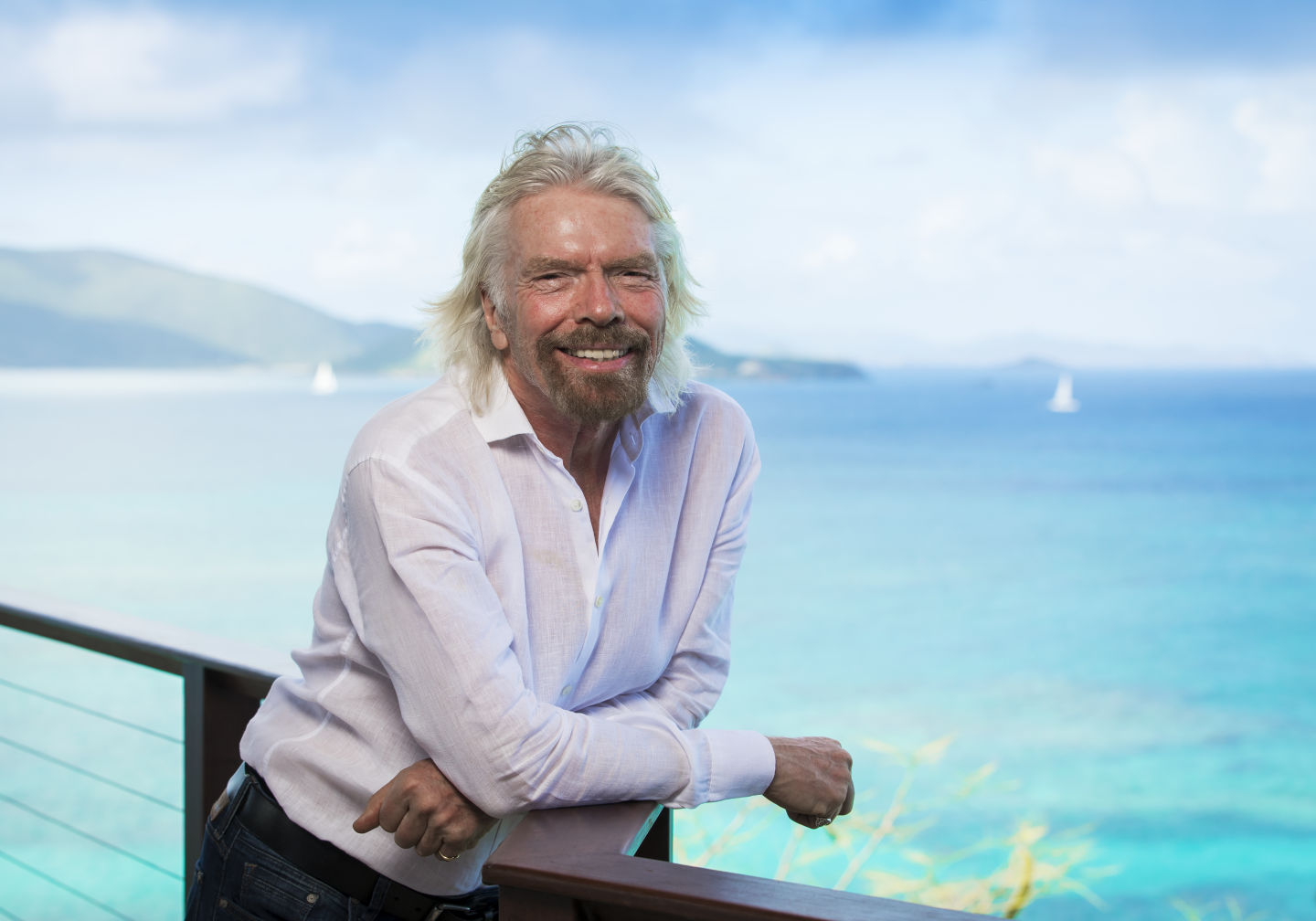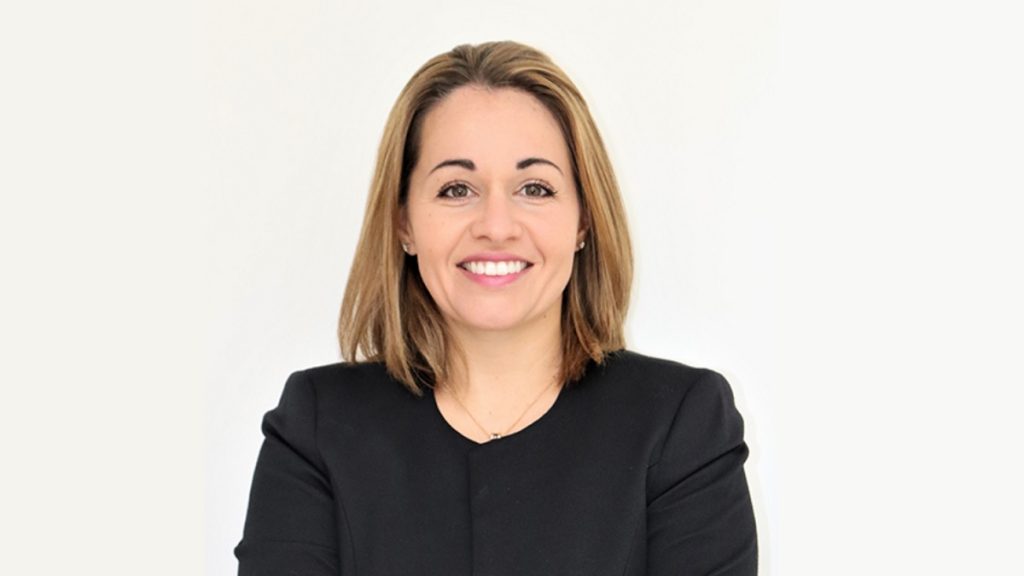On World Ocean Day, entrepreneur and Virgin Group founder, Richard Branson, shared that this international day is a good opportunity “to reflect on all that the ocean does for us and what we need to do for it.”
He describes the date as particularly poignant ahead of a G7 summit in the UK this weekend, which should see world leaders place the importance of investing in nature at the centre of their agenda.
In a personal blog post, Branson highlighted the human and financial risk and costs of storm surges caused by extreme weather events, but insisted “ocean risk isn’t a problem we will be facing in 30 years; it is a problem today.”
“To build greater coastal resilience to these extreme events, one of our biggest allies is nature – our planet’s most incredible innovator and entrepreneur that has been engineering cost-effective and adaptive solutions for millennia,” says Branson.
Ahead of the G7 Summit, the Virgin Founder says he hopes world leaders will go even further than protecting at least 30 per cent of the ocean by 2030 to help restore ocean life, “and bring central banks and multilateral development banks to the table to drive more investment into this incredible planetary resource”.
He adds that governments also need to work closely with pension funds, banks and insurers, and partner with civil society groups and communities “to drive more investment into coastal and marine natural capital.”
“It is only by working with nature that we can build resilience and secure the social and economic well-being of so many of the coastal, island and First peoples – not to mention so many of us who live in coastal cities.”
Featured Image:
Virgin.com
Men still dominating Malta’s boardrooms
The gender imbalance across Malta’s corporate landscape remains striking.
Lara Falzon appointed CEO of Yolo Group’s B2B Brands
The experienced executive said the firm has 'enormous potential for innovation, strengthening partnerships and scaling across global markets'
Why The Phoenicia Malta is the perfect setting for summer events
The Phoenicia Malta blends five-star elegance with award-winning cuisine and exceptional hospitality to create the ideal setting for group events ...
Sophie-Ann Busuttil appointed Director at Luxury Living Technologies following tragic loss of her father
For the last two years she has served as head of the group’s Luxury Living Sustainable Hospitality Company.









